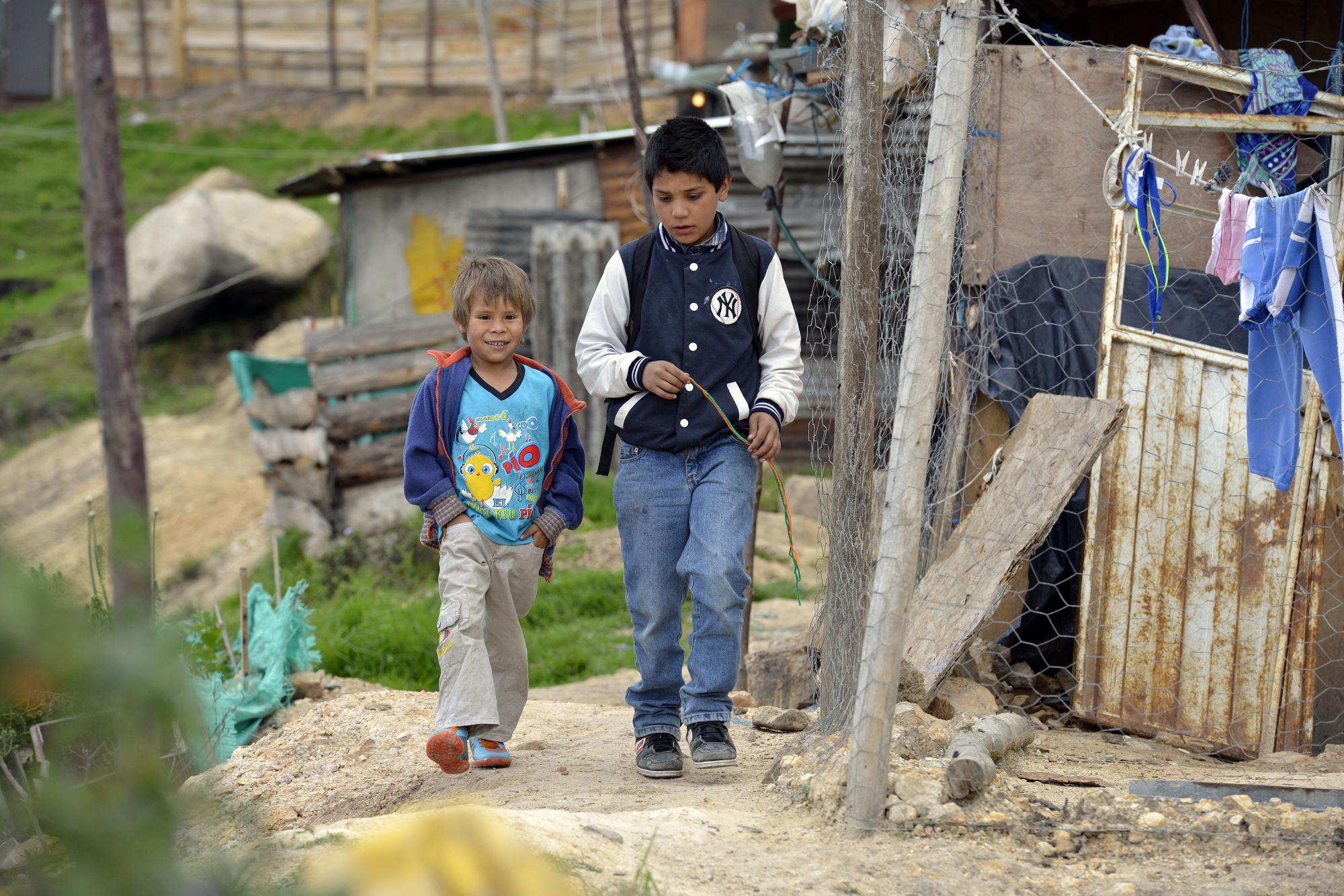UNHCR: Include refugees and displaced in Colombia peace talks
UNHCR: Include refugees and displaced in Colombia peace talks

GENEVA, April 12 (UNHCR) - Peace talks between the Government of Colombia and the rebel National Liberation Army, or ELN, that seek to end more than half a century of fighting are welcome. They should pay special attention to the rights of victims, especially internally displaced people and refugees, UNHCR, the UN Refugee Agency, has said.
Two weeks ago, on March 30 2016, the Government of Colombia and the ELN announced that they would start formal peace talks in an effort to end Colombia's five-decade armed conflict that has produced the world's second biggest displacement situation as of today, after Syria.
Some 6.7 million people are displaced inside the Andean nation - around 13 per cent of the entire population. And 360,000 officially recognized refugees have fled abroad, most to Ecuador - which hosts the largest number of refugees in Latin America - and to Venezuela, home to around 170,000 Colombians in need of international protection.
"UNHCR believes that a positive outcome to the negotiations will open the way for reintegration of the internally displaced and returning refugees, resulting over time in an improved human rights situation and in economic and social development in remote areas, including the country's borders," UNHCR spokesperson Adrian Edwards told reporters at a news briefing in Geneva on Tuesday (April 12).
"In the meantime, Colombian refugees and asylum-seekers will continue to need international protection in asylum countries, and the voluntary character of repatriations should be maintained," he added.
Edwards said UNHCR supports the active involvement of refugees and internally displaced people in peace negotiations. He stressed that victims should have access to the negotiating parties, as happened during talks between the Government and the Revolutionary Armed Forces of Colombia, or FARC, when more than 60 victims had the opportunity to participate in the Havana negotiations.
"UNHCR is ready to support the Government of Colombia in its efforts to restore the rights of Colombian internally displaced people and returning refugees and address their protection and assistance needs," he said.
"UNHCR's experience in post-conflict situations throughout the world is that regional solutions frameworks, such as tripartite mechanisms, voluntary repatriation agreements, reintegration strategies and public policy for local integration, especially in urban settings, are key contributions to building a sustainable peace," he added.
In Colombia, UNHCR has been involved in a Transitional Solutions Initiative, which has helped displaced communities obtain housing, land and livelihoods opportunities and has contributed to their enjoyment of basic rights and the strengthening of communities. Some 38,700 people have benefitted in 17 localities.
In Ecuador, a separate Comprehensive Solutions Initiative has, in a similar way, helped Colombian refugees and asylum-seekers enjoy their rights to health, education, employment and housing, and provided them with legal support and advice.
In Venezuela, meanwhile, local integration efforts focus on the issuance of documentation to help people gain meaningful protection including effective access to health, education, housing and livelihood opportunities.








